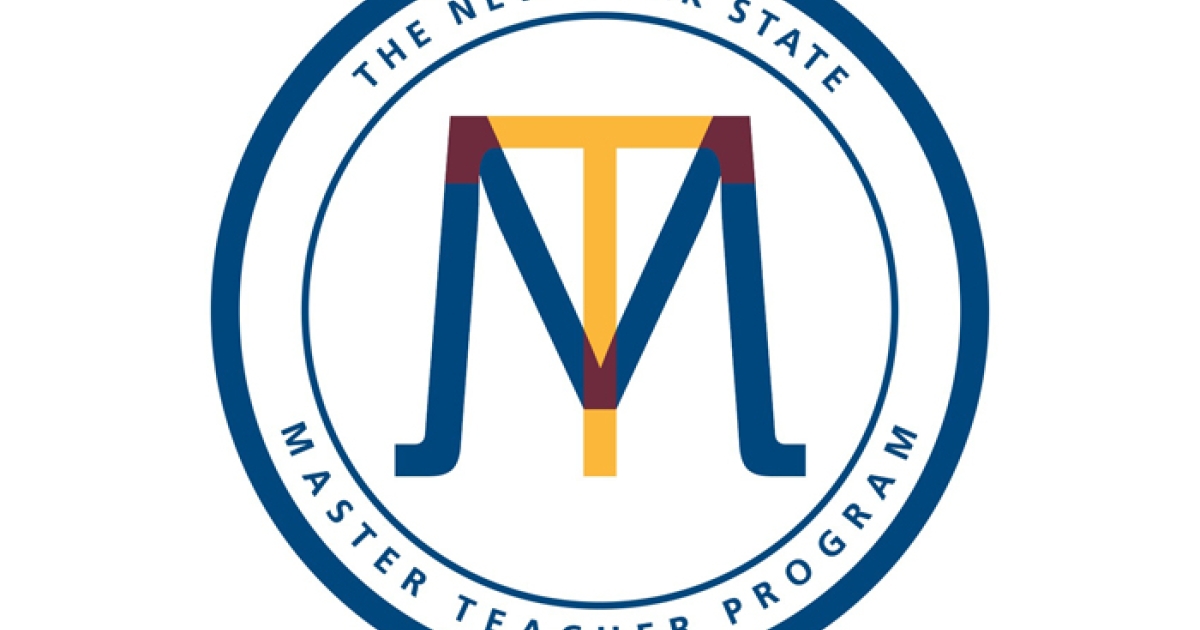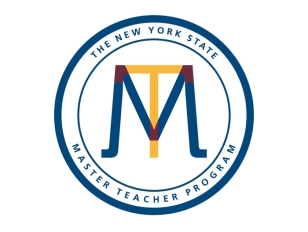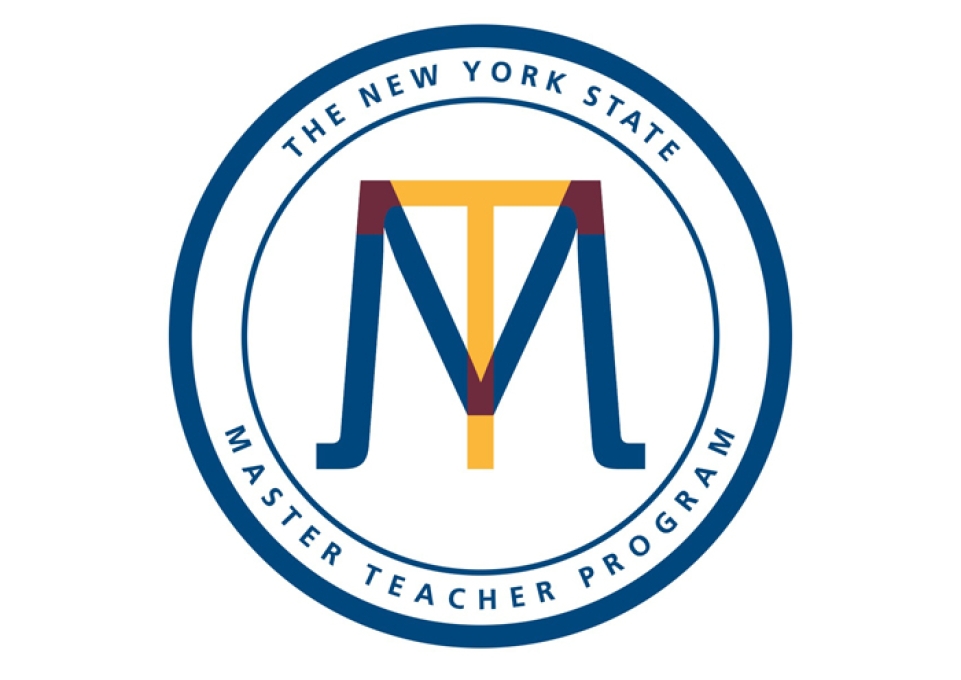
Forty-two area K–12 educators who teach science, mathematics, engineering, and technology (STEM) content have been selected to receive a four-year fellowship to participate in the New York State Master Teacher Program, Western Region, which is centered at SUNY Buffalo State.

The New York State Master Teacher Program is an active professional network of more than 1,600 outstanding public school K–12 STEM educators who serve as mentors for early career STEM teachers and teacher candidates. Noted for its faculty expertise and outstanding educator preparation programs, Buffalo State was one of just four campuses chosen for the Master Teacher pilot program when it launched in 2013. For the past decade, the college has continued to serve as the Western New York regional programming hub, now one of nine in the state.
Selected teachers must demonstrate a growing knowledge of and passion for their subject areas and pedagogy, along with a firm understanding of the students, families, and communities they serve, noted David Wilson, associate professor of mathematics, who serves as co-director of the New York Master Teacher Program for the Western Region with David Henry, associate professor of elementary education, literacy, and educational leadership.
All master teachers are considered accomplished expert educators, many of whom serve as curriculum and department leaders or members of district- or state-level committees.
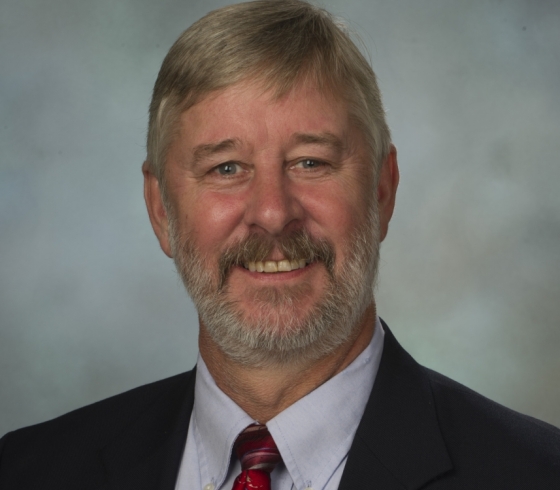
“It’s really transformed our STEM education program, especially in math and science education.”
— David Henry, Ph.D.
“The goal is to provide professional development opportunities to current teachers at a time when there’s a shortage of teachers in these disciplines,” Henry said, “as well as to support outstanding mentor teachers that help prepare more teacher candidates for successful careers in STEM education.”
In Western New York, the selected master teachers represent 23 school districts and have an average of 14 years’ experience teaching STEM courses. More than 68 percent have been in the classroom for more than 10 years, and 24 percent have been teaching for more than 20 years. The new cohort joins the 219 master teachers currently working with Buffalo State.
“Great teachers can change lives and guide students toward success,” SUNY Interim Chancellor Deborah Stanley said in December. “For nearly a decade, New York’s Master Teacher Program has done just that and has recognized the critical contribution of New York State educators in setting students on that path toward rewarding careers in STEM.”
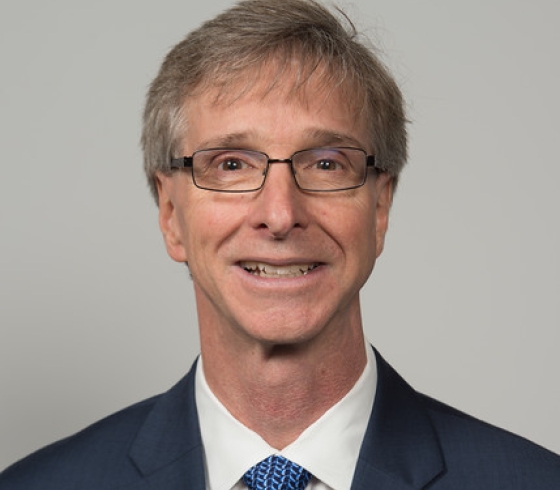
“Teachers who apply to be part of the Master Teacher Program realize it’s a continual learning process, and this is a great model for younger teachers and preservice teachers to see.”
— David Wilson, Ph.D.
During their four-year fellowships, master teachers receive $15,000 annual stipends and work closely with preservice and early career teachers to foster a supportive environment for the next generation of STEM teachers. They also participate in monthly professional learning cohorts with their member campuses, engage in peer mentoring and professional development opportunities, and lead professional development sessions.
“It’s really transformed our STEM education program, especially in math and science education,” Henry said. “The program has given us access to really good teachers who serve as mentors for our preservice teachers.”
At least a half dozen also teach in the Buffalo State classroom as part-time lecturers.
“One of the things we’ve done since the program started was to make mentoring a focal point,” Wilson said. “So often, teachers never really have a chance to meet with other teachers and talk about best practices, professional development, and what kinds of things they do to engage with students.
“What we’ve found is that the teachers who apply to be part of the Master Teacher Program want to keep learning about the field,” he said. “They realize it’s a continual learning process, and this is a great model for younger teachers and preservice teachers to see.”
The entire list of new master teachers in Western New York can be found on Buffalo State’s master teacher website.
